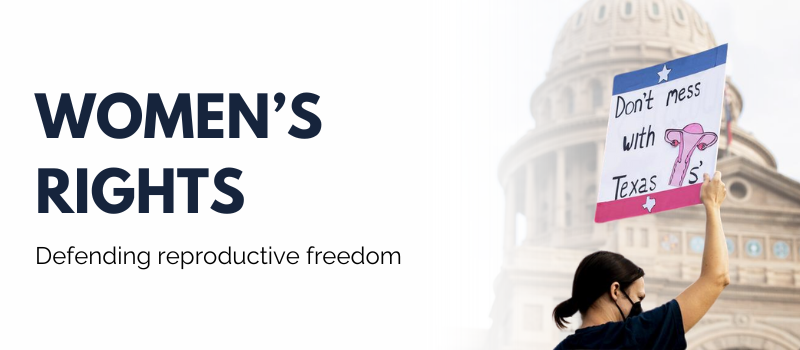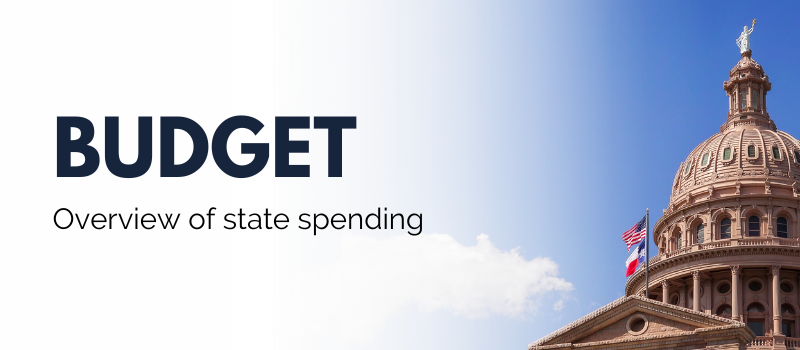|
|
Friends,
Welcome to the second part of our end-of-session recap! I’m proud to bring you a deeper dive into the legislation that will shape the future of Texas as well as highlights from the state budget.
The 89th legislative session brought no shortage of challenges. Partisanship and political extremism were on full display, but we stayed focused. Together with our allies, we defeated many of the worst bills and even made real progress on a few key fronts. We also secured local investments for Austin and supported projects that will create jobs and address infrastructure needs in Cedar Park and Round Rock.
My team and I are here to support you. If you have questions about recent legislation or ideas you'd like to see explored next session, don’t hesitate to reach out—I’d love to hear from you. All the best, John Bucy III State Representative Texas House District 136 |
|
|
|
|
This session, we stood strong for voting rights—and we won. We passed S.B. 2753 to expand early voting across Texas, allowing for two full weekends of voting and removing the cap on how many counties can participate in county-wide voting. These changes will make it easier for more Texans to make their voices heard at the ballot box.
At the same time, we went on defense and stopped nearly every harmful election bill that came our way. We killed S.B. 16 and H.B. 5337, which would have added barriers to registering to vote, and blocked S.B. 505, which would have subjected local election officials to constant harassment while expanding state interference in every Texas county. And when they tried to quietly shorten mail-in ballot timelines through H.B. 1091, we shut it down with a successful point of order—proving once again that when we fight smart, we win. |
|
|
|
|
This session, our public schools bore the brunt of political decisions that prioritized ideology and privatization over real investment in students and educators. A bill that would have finally ended the STAAR test—a deeply unpopular and often harmful measure of student performance—passed the House but was killed in the Senate. At the same time, lawmakers advanced a $9 billion private school voucher program with no income limits, paving the way for public dollars to subsidize private education while draining long-term resources from our neighborhood public schools.
The harm is compounded by the Legislature’s failure to provide meaningful funding increases. After months of advocacy, a proposed $395 increase to per pupil funding was slashed to just $55—not even enough to cover inflation, let alone address teacher shortages or aging infrastructure. Instead of focusing on the real needs of our campuses, the Senate pushed forward S.B. 10 which mandates that every public classroom display the Ten Commandments and S.B. 12 which prohibits all DEI initiatives—further politicizing our schools while ignoring the urgent call for support from educators, students, and families. |
|
|
|
|
We made significant investments this session in water, the electric grid, and nuclear power, while stopping most anti-renewable legislation. The Texas Legislature enhanced the oversight, financing, and development of statewide water infrastructure by making the Texas Water Development Board responsible for coordinating planning of water transport infrastructure projects, expanding the scope of the New Water Supply for Texas Fund, and broadening eligibility of projects for the Texas Water Fund to include flood infrastructure, economically distressed areas, and agricultural water conservation. With voter approval this November, Texas will dedicate $1 billion per year to the Texas Water Fund to address water supply and aging water infrastructure. |
|
|
|
|
Despite attacks on people without housing, the Texas Legislature passed several bills that will help increase housing density, make it easier for Texans to afford housing, and increase housing options across the state. The Legislature passed H.B. 24, which reforms the valid petition process by requiring the majority of individuals living in a neighborhood and city council to reject a zoning change before slowing residential developments. There were also several bills that would make it easier to create mixed-use housing near shopping malls, offices, and warehouses and would reduce the minimum lot size that a city can require. On the whole, these laws will help our cities retain local control, while also ensuring that we can build the housing necessary to support Texas’ growth and make homeownership affordable for the next generation.
Democrats in the Legislature were also able to stop two bills that would have deeply harmed Texans without housing—one bill would have prevented homeless service providers from be located within a 1,500 feet of a school, which would be a de facto elimination of homeless service providers in Austin and other cities across Texas. Another would have allowed DPS troopers to enforce the "camping ban." While homelessness is an incredibly serious problem across Texas, both these bills would have made the problem worse by removing services for those in need.
This session we were also able to mitigate the effects of S.B. 38, which in its original form would have severely limited the rights of tenants across Texas. It allows landlords to evict squatters without going to trial, but also allows someone at least one opportunity to cure non-payment of rent per lease cycle before a landlord may evict them. While we did not support the bill, it is a positive for Texas that we were able to mitigate what would have been a disastrous bill. |
|
|
|
|
This session, instead of addressing real challenges facing everyday Texans, my colleagues chose to launch cruel attacks on LGBTQ+ communities - particularly our transgender neighbors. They passed H.B. 229 which erases trans and nonbinary Texans from state statute by imposing rigid, unscientific definitions of gender.
Another bill, S.B. 1257, effectively weaponizes insurance coverage by forcing plans that cover gender-affirming care to also cover detransition services, retroactively driving up costs and discouraging coverage entirely. They even went so far as to undermine protections for LGBTQ+ youth by saying parents who refuse to affirm their child’s identity or sexuality are not committing abuse or neglect. |
|
|
|
|
This session we made meaningful progress on bodily autonomy: S.B. 31, the Life of the Mother Act, will save lives by clarifying that doctors can provide life-saving abortions without fear of prosecution and by ensuring that patients are not penalized for seeking urgent medical care. We also successfully defeated bills like S.B. 2880, which would have criminalized offering support—even to a family member—for accessing abortion pills or care out of state. At the same time, reproductive rights were also undermined throughout the session, as S.B. 33 blocked Austin and San Antonio funding groups from helping people access abortion care—chipping away at local autonomy and reproductive freedom. |
|
|
|
|
Despite Texas’s record-breaking surplus, securing budget wins this session came with steep challenges and competing priorities—but we fought hard and delivered. Our office successfully secured $1 million for improvements to Springwoods Park in the City of Austin. Statewide, our caucus championed $100 million for child care scholarships and $330.5 million to expand vocational rehabilitation services for Texans with disabilities.
Importantly, after much resistance, we were able to negotiate critical food assistance for Texas kids. As a result, we appropriated $60 million to cover administrative costs for Summer Electronic Benefit Transfers, which will allow Texas to draw down an additional $450 million in federal funds to provide lunches and summer food assistance to an estimated 3.8 million Texas children in 2027.
Additional budget highlights include:
Additionally, the Supplemental Appropriations Act (H.B. 500) targets several key priorities, including:
|
|
Our mailing address is: John Bucy Campaign P.O. Box 536, Austin, TX 78767 |

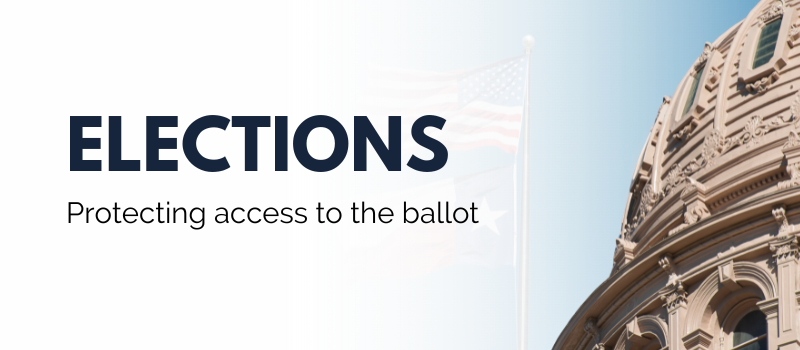
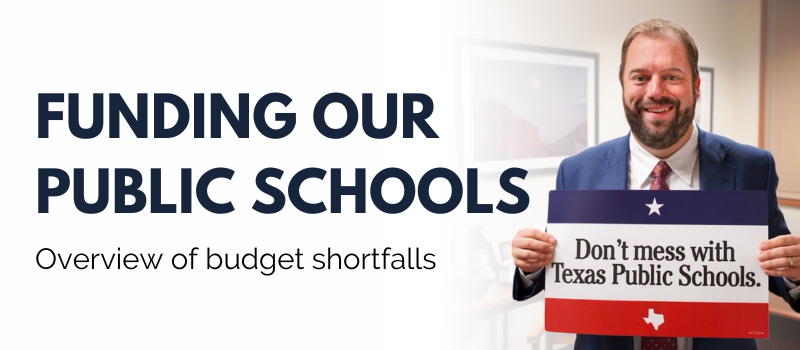

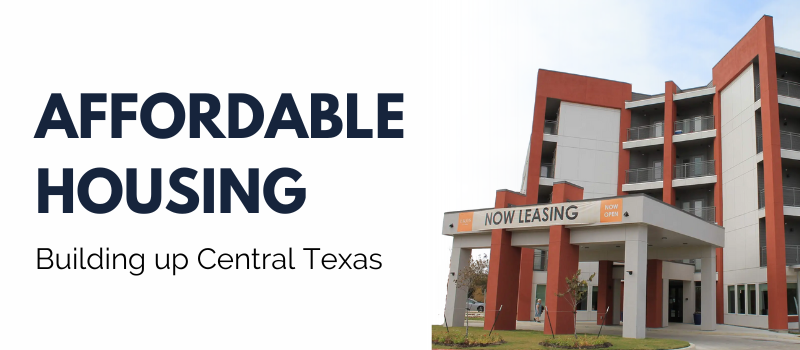
.png)
